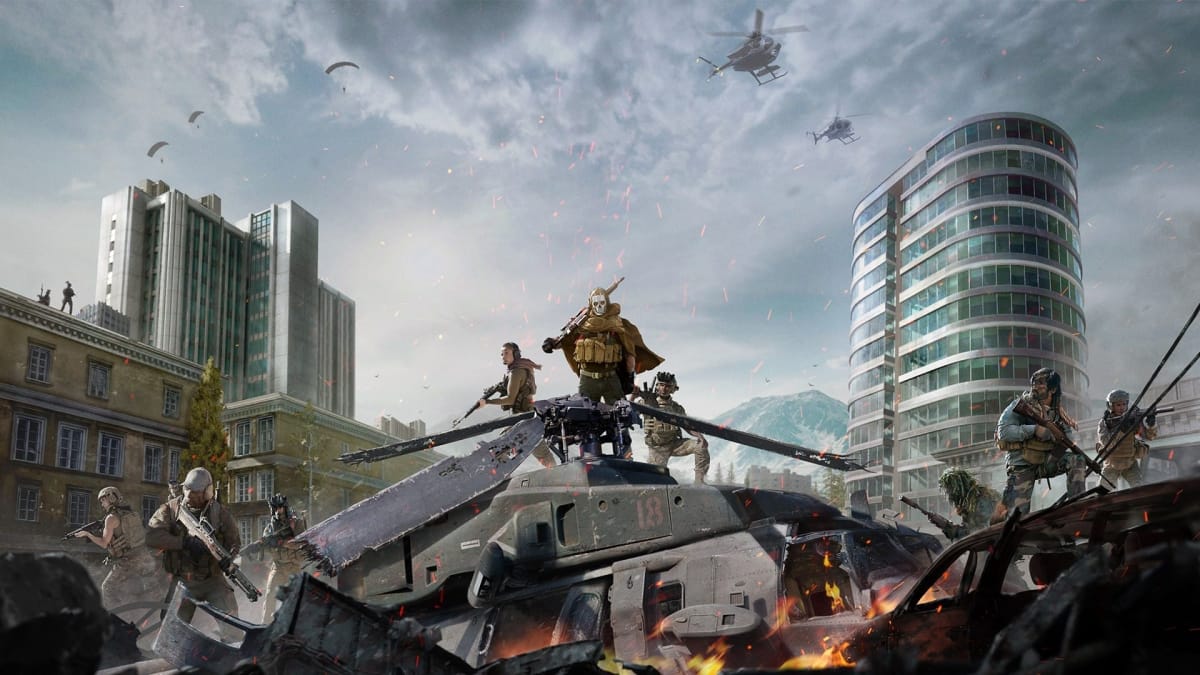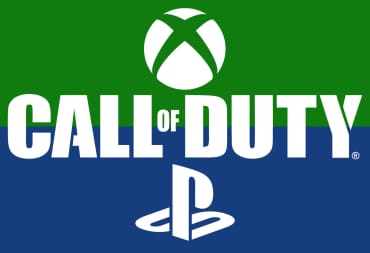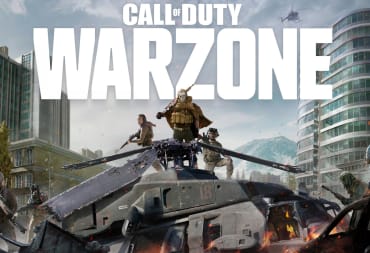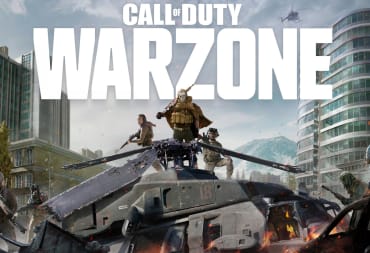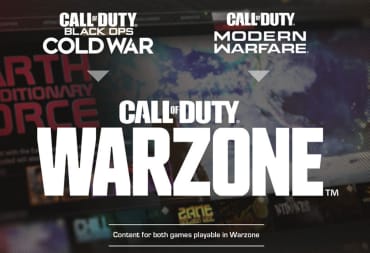Ever since modern multiplayer games took off, developers have been trying to come up with new and exciting game modes for players to kill each other in. There's the tried and true Team Deathmatch, various objective based modes like CTF or King of the Hill, and tons of game types that were custom made for specific games (i.e. Battlefield's Rush), but few came close to matching the influence of battle royales. A relatively new invention, battle royales seemed like a gimmick at first, but they now command an enormous following. Fortnite for one is certainly helping Epic Games laugh their way to the bank as the game has become a symbol of modern gaming pop culture.
Of course, the billion dollar question is, why are battle royale games so popular. They're not too different from the shooters that came out for the past couple of decades, at least superficially. Indeed, even among battle royales the main distinguishing traits are the little features that developers throw in to make their battle royale stand out. The core gameplay is practically identical across the board by comparison. From Fortnite to Call of Duty: Warzone, you're basically looking at a giant free for all that's been bolstered by the benefits of modern hardware. Hardly remarkable from a conceptual standpoint.
However, if you look at the gameplay mechanics of battle royales and compare them with the previous kings of multiplayer, things get interesting. Take Call of Duty: Warzone for instance, which has plenty of history to draw on. Someone who is jumping into Warzone for the first time will likely be in for a real shock, and vice versa. Virtually every modern Call of Duty has had a Time to Kill that can be measured in milliseconds. The average map is small enough that most people won't have difficulty getting just under a dozen kills per game. Aggressive play is generally encouraged, with a high emphasis on reaction time and accuracy and a little bit of map knowledge.
Call of Duty: Warzone may as well be a completely different game by comparison. The armor mechanic alone is enough to throw off people who only played standard Call of Duty multiplayer. Plus the Warzone map is so large that running into more than a dozen people, much less killing them, is an atypical experience. In fact, hiding and not blasting every moving thing in sight is a legitimate strategy. For the most average of average games, there's so much empty downtime where nothing of interest is happening that it seems mind boggling that anyone would play the mode willingly.
Similar patterns emerge when you compare the most popular battle royales available with their traditional counterparts. Apex Legends for one has almost nothing in common with Titanfall. The former has no mechs, extremely limited movement options, no NPCs, etc. The only obvious indicator that the two are in the same universe, to say nothing of the mechanics, is that they share weapon designs. Fortnite started out as a kind of a cooperative zombie survival building game. Needless to say that that is no longer the case.
Things seem more mind boggling if you're into the competitive side of games. An inherent feature of battle royales is that luck has a fair amount of impact on your performance. Maybe you open a box and get a dinky pistol, maybe the guy who lands 10 feet away gets a rocket launcher, maybe you can find all the armor and guns in the world but no ammo or vice versa. That's not even going into how teams can just be anywhere at any time. The idea that a game with such mechanics would be take seriously as a competitive game was laughable, especially back during the reign of the Halo era.
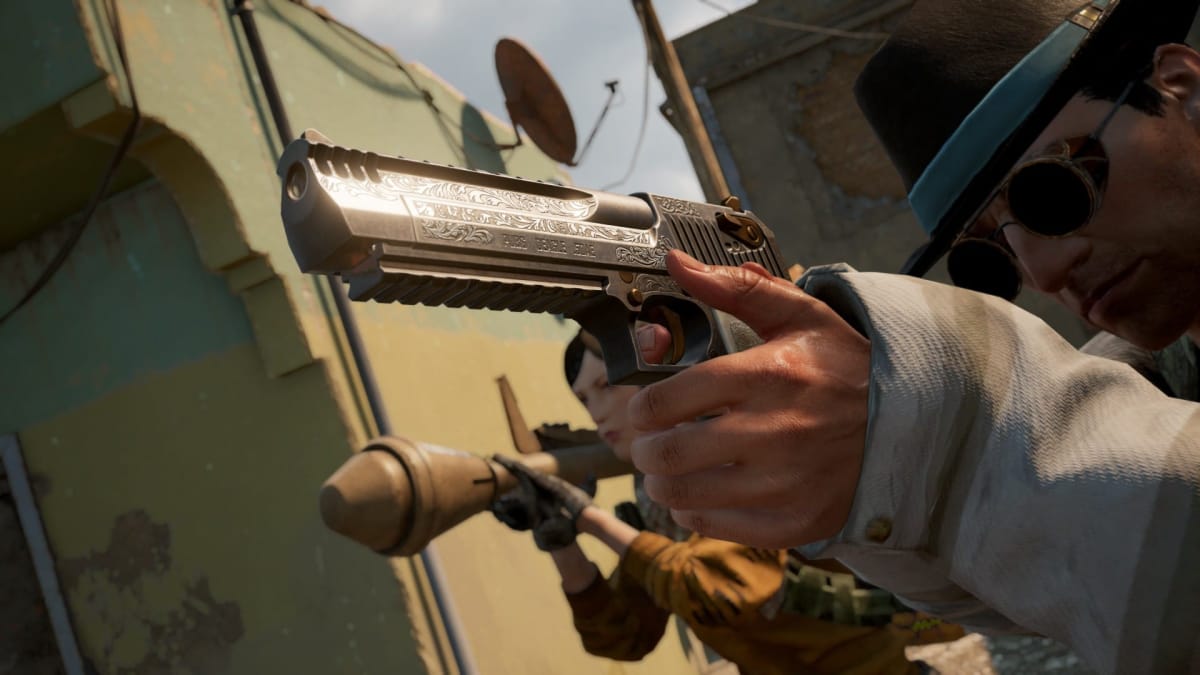
In spite of all this, there is a uniqueness to the genre that makes it so appealing. PUBG and Fortnite in particular have had massively showy attempts to enter the world of esports. While not particularly great viewing experiences, it was proof that the genre has potential. Indeed, flashing some shiny gold thing in front of people that has huge stats is enough to get the blood pumping. Gameplay that, while random and certainly different, rewards forward planning just as much as being quick on the draw is something people like too. After all, if you can't control the game, control the odds that the game gives you.
Most of all, there's no denying that the genre is easy to get into. Die once in Fortnite and that's it. You can stay around to spectate or leave and go to the next match. Strategy didn't work? There's always next time. There's no 15 minutes of pain while the other team constantly stomps on you. Had a bad day? That's fine, because one kill or 50, no one really cares how well you did. Again, someone can only drag a team down once, then it's on to the next match. You can mess around, leave, and that's that.
In a way, perhaps the greatest thing about battle royales isn't that they're magnificently polished games that push the boundary of what's possible. Even Fortnite with its building mechanics isn't exactly going to lead to some industry wide changes like with Call of Duty's Perks or Halo's recharging shields. Instead, they combine all these small, individual features with relatively cheap development costs and microtransaction-friendly aspects to offer the rough equivalent of gaming fast food. Cheap and easy to get into, not too demanding unless you want it to be, and offering just enough (but not too much) variety to keep you hooked.
Have a tip, or want to point out something we missed? Leave a Comment or e-mail us at tips@techraptor.net
